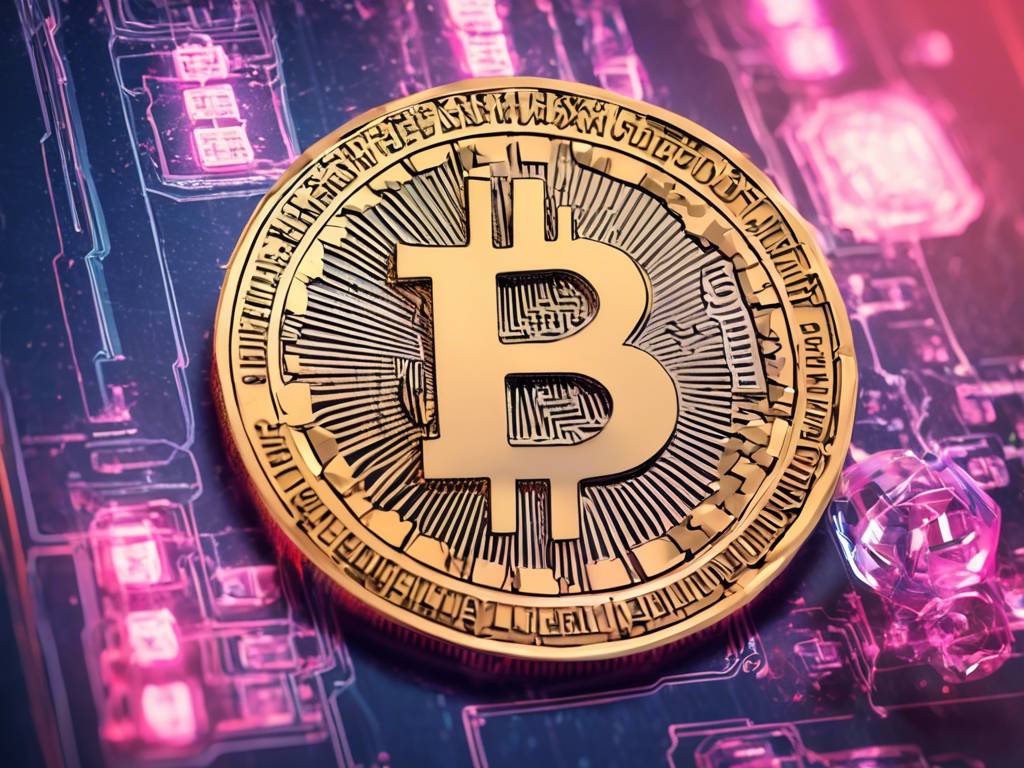The Future of DeFi: Navigating Regulatory Challenges and Security Risks
Decentralized Finance (DeFi) has emerged as a groundbreaking innovation, promising to transform traditional financial systems by offering unparalleled accessibility, transparency, and autonomy. The rapid growth of this ecosystem has garnered a dedicated global community and attracted significant investments.
However, as DeFi gains momentum, it faces scrutiny from regulators and threats from malicious actors. The recent Securities and Exchange Commission (SEC) investigation into Uniswap, a pioneering decentralized exchange, alleging violations of securities laws, has sparked concerns within the DeFi community about the sector’s future.
Amidst this backdrop of innovation, regulation, and security challenges, the decisions made by industry leaders, developers, and regulators will influence the trajectory of DeFi, determining whether it can fulfill its potential to disrupt traditional finance.
Uniswap Faces SEC Scrutiny
The SEC’s scrutiny of Uniswap, a key player in DeFi, highlights regulatory efforts to assert control over the industry. The allegations of facilitating unregistered security trading, particularly tokens from Initial Coin Offerings (ICOs), position Uniswap as an unregistered securities broker and exchange.
However, the decentralized nature of Uniswap’s protocol, operated without central control, challenges the SEC’s jurisdiction over the platform. Targeting projects like Uniswap risks stifling innovation and undermining the core principles of DeFi.
- SEC investigation into Uniswap for securities violations
- Decentralized nature of Uniswap’s protocol
- Impact of regulatory actions on DeFi innovation
Regulatory Challenges and Security Vulnerabilities
While the SEC’s actions against Uniswap raise concerns, DeFi faces broader regulatory hurdles and security risks across the ecosystem. The wave of hacks and exploits targeting DeFi projects poses a significant threat, highlighting vulnerabilities in open-source protocols.
Losses amounting to millions of dollars from hacks, like the Munchables exploit, underscore the risks associated with DeFi’s pseudonymous development teams and the need for enhanced due diligence.
- Regulatory challenges beyond Uniswap investigation
- Impact of hacks and exploits on DeFi projects
- Need for due diligence in DeFi development
Addressing Security and Navigating Compliance
As DeFi confronts escalating security risks, implementing robust security measures becomes imperative for the industry’s sustainability. Embracing thorough security audits, continuous penetration testing, and bug bounty programs can bolster defenses against malicious actors.
Moreover, striking a balance between innovation and risk management is crucial for DeFi’s long-term security and resilience in the face of regulatory challenges.
- Holistic security approach in DeFi development
- Importance of bug bounty programs in DeFi
- Balance between decentralization and risk management
Essentials for the Road Ahead
As DeFi navigates regulatory uncertainties and enhances security practices, the industry stands at a critical juncture. Proactive engagement with regulators and collaboration to establish industry standards can shape a regulatory framework aligned with DeFi’s principles.
By fostering collaboration, transparency, and innovation, DeFi pioneers can usher in an era of inclusive, autonomous, and transparent finance, driving the industry towards transformative potential while safeguarding user interests.
- Importance of regulatory compliance in DeFi
- Promoting collaboration and transparency in the industry
- Opportunities for financial innovation in DeFi
Hot Take: Shaping the Future of DeFi
DeFi’s journey is marked by regulatory challenges, security risks, and the quest for innovation. By embracing collaboration, transparency, and regulatory engagement, the industry can redefine financial paradigms, empowering individuals worldwide to seize control of their financial destinies.





 By
By
 By
By
 By
By
 By
By

 By
By